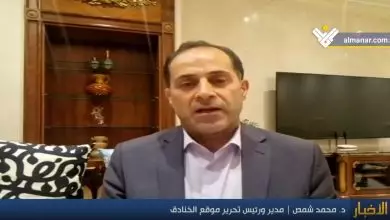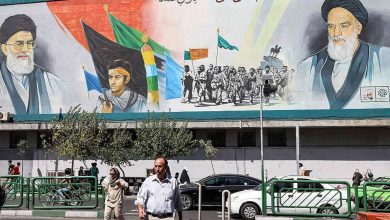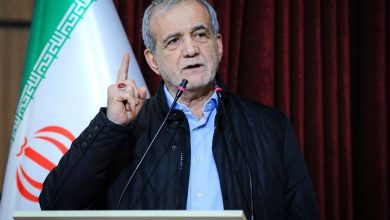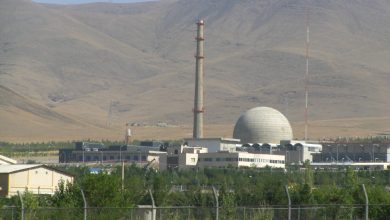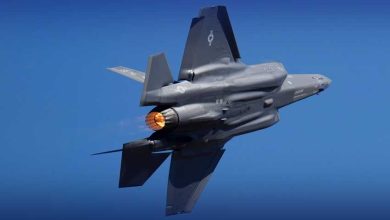North Korea condemns the newly established US-led sanctions monitoring team, labeling it as ‘unlawful’
North Korea's Foreign Minister has issued a strong condemnation of a newly formed multilateral sanctions monitoring team, spearheaded by the United States, labeling it as "completely unlawful and illegitimate." This statement was reported by Korean media on Sunday.
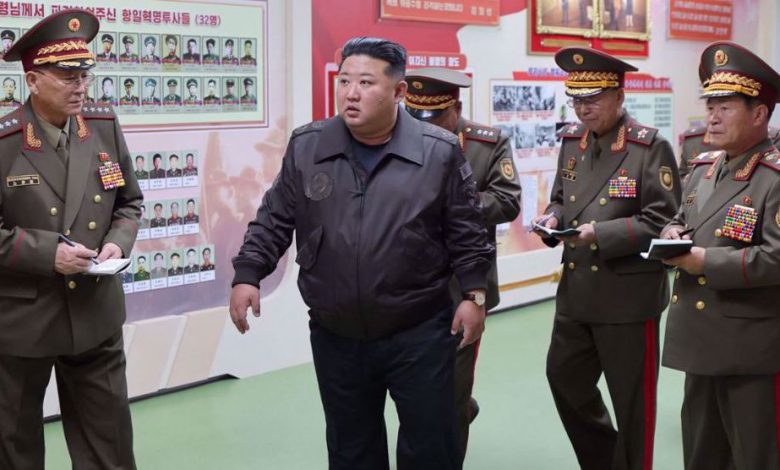
In response to Russia’s decision in March to veto the annual renewal of a United Nations panel that had overseen sanctions on North Korea’s nuclear and missile initiatives for the past fifteen years, the United States, South Korea, and Japan announced the formation of a new multinational team on Wednesday.
China, North Korea’s main ally and key economic supporter, opted to abstain from the voting process.
Choe Son-hui, as reported by the Korean Central News Agency (KCNA), has issued a stern warning to those orchestrating a smear campaign against the Democratic People’s Republic of Korea (DPRK). She emphasized that such actions would incur significant repercussions.
She described the action as “the clearest violation” of North Korea’s sovereignty.
The United States has been bolstering its security collaboration with crucial regional partners, South Korea and Japan, through the augmentation of its military presence and the intensification of joint military exercises on the Korean Peninsula.
North Korea perceives these measures as provocative, interpreting them as efforts to intimidate and restrain the nation, according to official statements.
The escalation of joint military drills and the introduction of sophisticated weaponry in the area are perceived by Pyongyang as indications of Washington’s hostile approach, interpreted as preparation for possible attacks on North Korea.
North Korea views its nuclear program as an essential deterrent against perceived external threats and a crucial tool for safeguarding its regime’s continuity in a hostile geopolitical landscape.
In recent years, North Korea has intensified its efforts in advancing its nuclear and missile development initiatives, simultaneously strengthening its diplomatic and strategic ties with Russia.
The relationship between North Korea and Russia is marked by aligned strategic interests and a shared resistance to the global influence exerted by the United States.
North Korea regards Russia as an essential partner in its pursuit of security and development, given that both nations have been subjected to economic sanctions and political isolation due to their challenges to U.S.-led international norms.
North Korea perceives the United States as a hostile imperial force intent on compromising its sovereignty and security, a perspective that echoes Russia’s discontent with the US-dominated global order.
The two nations have frequently collaborated in opposition to US-backed resolutions at the United Nations and have participated together in joint military maneuvers.
Additionally, Russia’s backing of North Korea’s economic development, encompassing infrastructure initiatives and energy partnerships, is considered vital by Pyongyang for mitigating the effects of international sanctions.
In exchange, North Korea offers Russia a dependable ally within the Asia-Pacific region, bolstering Moscow’s strategy to offset United States alliances in the area.
The alliance between China and North Korea is further underscored by a mutual ambition to diminish the United States’ presence and influence in the region.
As of the current date, China continues to serve as North Korea’s primary trading partner and leading source of aid, despite ongoing sanctions imposed by Western nations.
China’s backing of Pyongyang underscores Beijing’s strategic aim to uphold regional stability. It seeks to avert the potential repercussions of a North Korean collapse, which could lead to a refugee crisis and the emergence of a US-allied Korean state along its frontier.
North Korean state media reported on Sunday that Chinese President Xi Jinping expressed his readiness to advance friendship and cooperation with North Korea towards “sustainable and stable development.” President Xi also emphasized his commitment to contributing to the “safeguarding of regional and global peace.”

